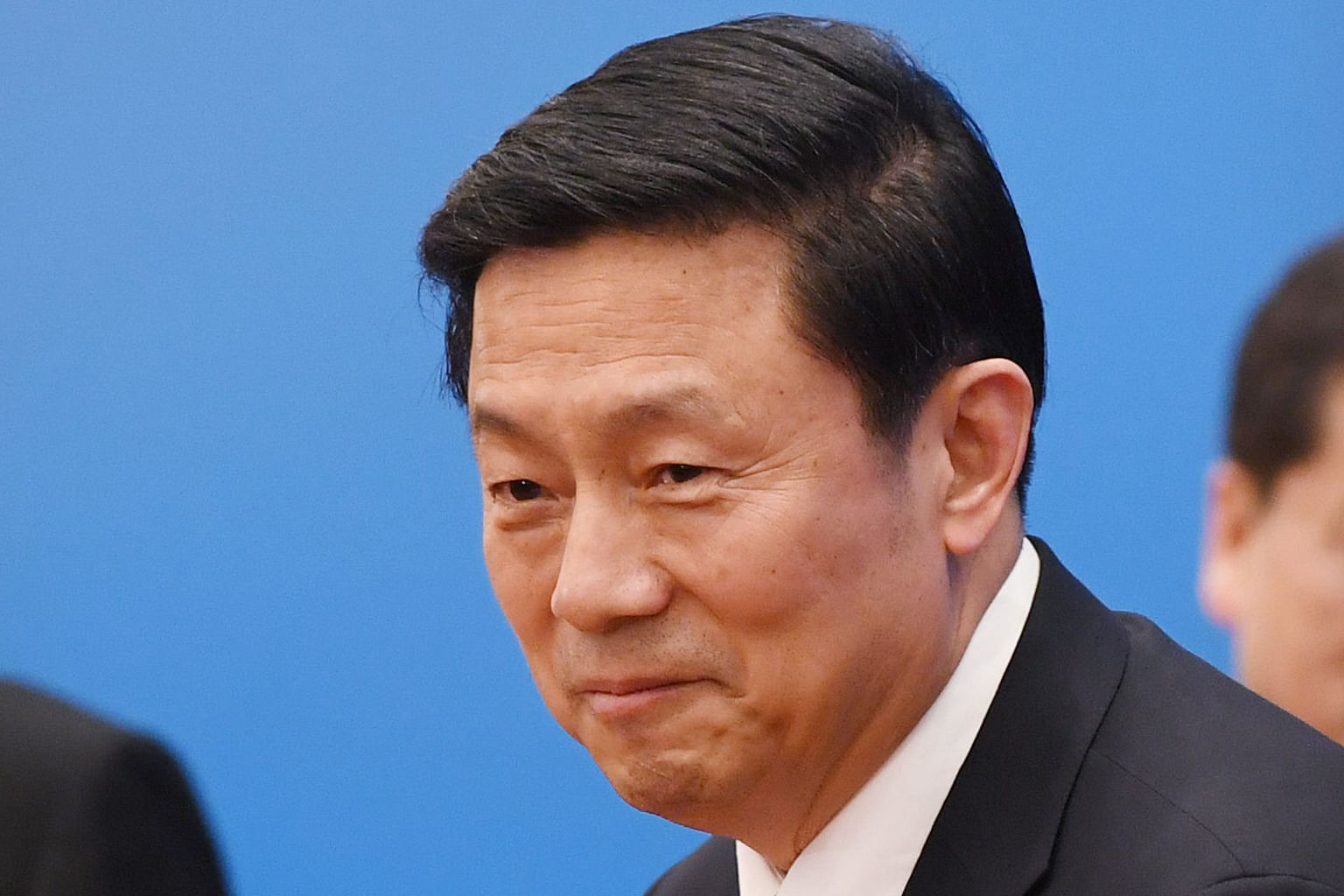China will stick to its chosen path even as it works to make its viewpoint better understood on the world stage, China's top political advisory body said ahead of its annual meeting today.
Rejecting the notion that the world's second-largest economy has an image problem abroad as it has grown in wealth and assertiveness, spokesman for the Chinese People's Political Consultative ConferenceGuo Weimin told reporters that China's development path and philosophies had attracted kudos from the international community.
"Looking around, whether it is our neighbours or the various important regions of the world, we have more and more good friends," Mr Guo said. "At the same time, it is undeniable that there are some discussions about China's development, some differing voices, and some people who view China's development as a threat."
Replying to a question on whether growing international criticism of China's methods - such as charges of unfair trade practices, human rights violations and excessive maritime claims - were hindering efforts to tell China's story well, Mr Guo said he disagreed with such characterisations, which concern "issues that involve our sovereignty and security interests".
While Chinese philosophies such as win-win cooperation and the building of a community of common destiny have been "widely recognised" by the global community, there are also countries which are out to smear China, he added without specifics.
"There are some who misjudge China due to insufficient understanding, but also others who have ulterior motives and are out to smear China," he said.

At the wide-ranging, 90-minute press conference yesterday, Mr Guo fielded questions from domestic issues, such as how Beijing intends to grow its private sector, to foreign matters, such as other countries' perceptions of China's Belt and Road Initiative (BRI) to build infrastructure and trade links.
Noting that more than 100 countries and international groups are now on board with the BRI, he said it was unreasonable to describe the initiative as "debt trap" diplomacy, or an attempt to buy influence.
"The growing number of national leaders and local peoples that we have won over shows that (BRI) has nothing to do with so-called regional hegemony," he said.
But Mr Guo acknowledged that Beijing can improve its communications with the outside world, and that it will do more to deepen exchanges so as to overcome "differences in discourse systems, ways of thinking and cultural backgrounds".
On Taiwan, Mr Guo said China is already working to expand grassroots and institutional links through "democratic consultations" among political parties, groups and individuals on both sides of the Taiwan Strait with the objective of promoting peaceful reunification.
President Xi Jinping proposed expanding these informal communication channels in a speech in January to mark the 40th anniversary of a statement China made to Taiwan on New Year's Day 1979, the same day that China and the United States normalised ties.
Experts said such a policy - coupled with Mr Xi's calls to enhance trade, energy and infrastructure links between the mainland and Taiwan - was designed to bypass Taiwan President Tsai Ing-wen's independence-minded Democratic Progressive Party (DPP) administration and to achieve de facto reunification in time to come.
Ms Tsai has so far not acknowledged the 1992 Consensus, a tacit agreement made between semi-official representatives of China and Taiwan that there is one China, open to interpretation by both sides.
"All parties and all stratum of society on the island have expressed the desire for and right to unification (but) DPP authorities, under the guise of public opinion, rejected the 1992 Consensus and ignored the public's demands for reunification," said Mr Guo.
"Therefore, extensive democratic consultations can provide the Taiwan people with a smoother channel to express their opinions."
